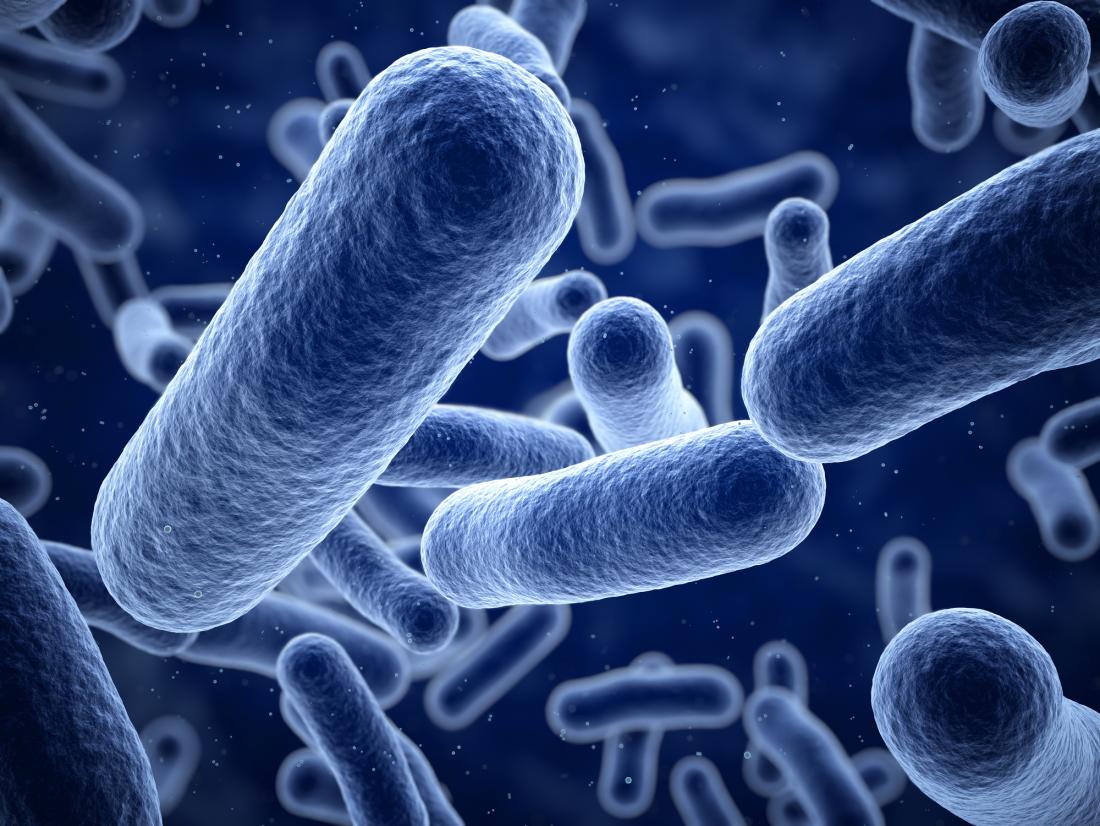How gut bacteria may help you diet and stay healthy

Studies in mice have revealed that animals with a lower calorie intake are likely to have less excess weight, stay healthier, and live longer. New research looks at why this may be, suggesting that it is due to gut bacteria and their influence on the immune system.
A study led by Prof. Mirko Trajkovski, from the University of Geneva in Switzerland, has been looking into how calorie-restricted diets can influence weight and overall health status.
More importantly, however, the scientists have been interested in finding out why restricting caloric intake can render a person healthier.
The study, conducted in mice and whose results were published in the journal Cell Metabolism, suggest that the populations of bacteria found in the gut have an important role to play when it comes to dieting and health outcomes.
In the future, the scientists hope that their findings may eventually lead to better treatments for people living with obesity
Gut bacteria and toxic molecules
The researchers worked with mice, whose feeding they controlled for a period of 30 days, so that their caloric intake was restricted by 40 percent.
After this period, the team noticed that the mice's bodies were promoting the production of beige fat, a kind of fat tissue that is easily converted into energy, thus also leading to weight loss.
In order to see what role gut bacteria might play in the process of becoming healthier following a calorie-restricted diet, the scientists transferred some of these bacteria from the dieting mice to a group of mice bred not to have gut microbiota.
So, Prof. Trajkovski and team transferred the microbial communities from the dieting mice's ceca — that is, the first sections of their large intestines — to the guts of the mice raised in sterile conditions.
The researchers found that simply performing this microbiota transfer allowed the mice to become leaner and produce more beige fat, despite staying on their regular diets.
After analyzing the composition and behavior of these microbiota, Prof. Trajkovski and team observed that they produced fewer toxic molecules known as lipopolysaccharides (LPS).
However, when the researchers tried to boost LPS levels so that they would reach their usual levels, they noticed that the mice with higher LPS saw fewer health benefits, despite dieting.
